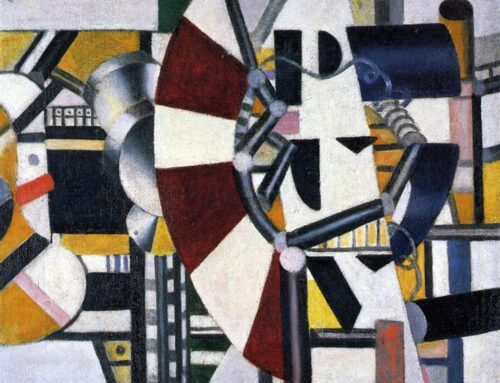Humanities, leadership, and education: the changes in our world are often guided and understood through the humanities:
[I]ndignation [over poor educational performance] just might conceivably lead us to do something further about how we conduct our schools and the process of education generally…. It might even lead us to question why, for example, we have made such an exclusive fetish of improving our record in science and mathematics rather than, say, concentrating our efforts as well on teaching our students about the politics and economics of the revolutionary world changes we are living through, or about why human nature risks its neck in the interest of freedom in Tiananmen Square in Beijing, or in East Berlin, in Prague, in Bucharest, in Vilnius. I am not against providing the nation with scientifically and mathematically literate workers so that we can outperform the Japanese or the new Europe in world markets – as if that aim alone could ever inspire either teachers or students. We forget at our peril that the great advances in Eastern Europe (and soon, we hope, in South Africa and in the Republic of China) were led not so much by mathematicians and scientists (although they were there, too) but by playwrights, poets, philosophers, and even music teachers. What marks a Nelson Mandela or a Václav Havel is human wisdom and philosophical depth. And so it was too with Thomas Jefferson; his vision was possible because he stood on the shoulders of John Locke and the learned men of the French Enlightenment.
Jerome Bruner, The Culture of Education, 1996






Leave A Comment